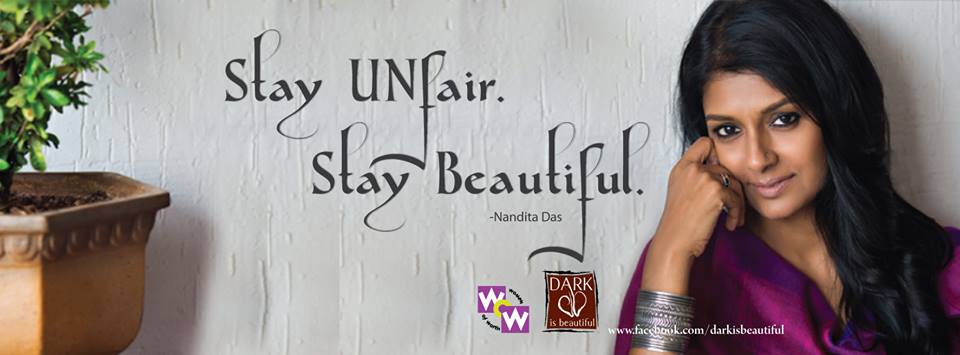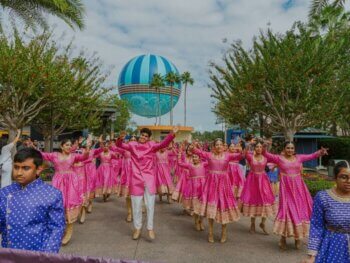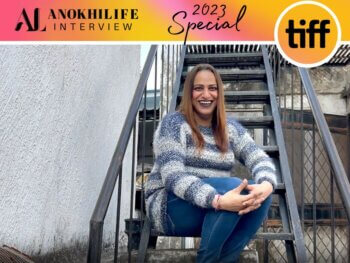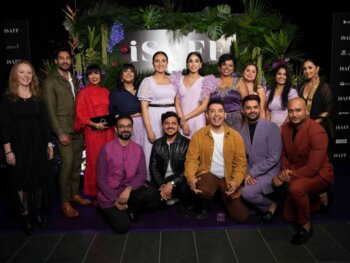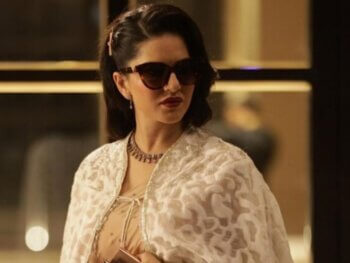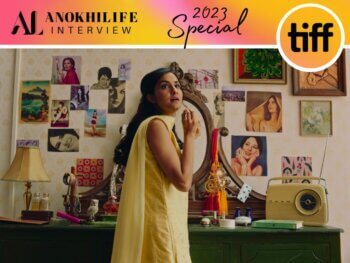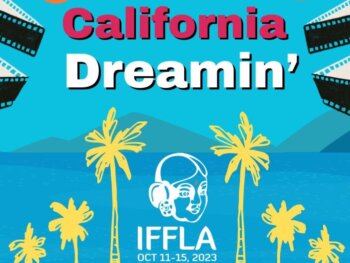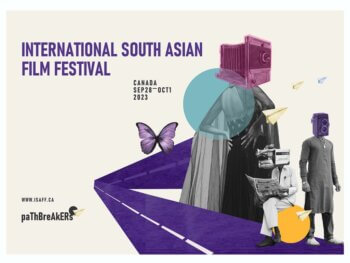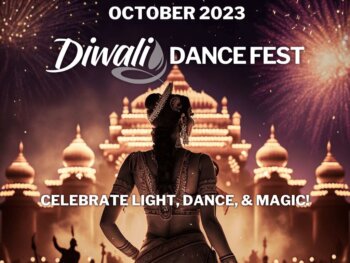South Asia’s favourite obsession continues to be with having light, pale, ‘fair’ skin.
“Whenever I interact with college students, especially young girls, I invariably get a question to the effect, “How come you are so confident despite being dark?”” says Nandita Das on her website. Students, on their path to academic enlightenment believe confidence is deeply rooted in conforming to society’s ideals of beauty – having a ‘fair’ skin tone.
This discriminatory phenomena is age old, a light, pale skin tone signifies beauty, status, respect and desirability. Dark is unwanted. The Indian and Pakistani consumer industry has long exploded with mass productions of various lightening, brightening and anti-tanning fairness creams and face-washes; the most iconic being Fair & Lovely.
Common are advertisements depicting a woman unsuccessful in her career because of a dark skin-tone, and consistent use of a fairness cream leads her to pinkish-white skin, by extension of which she lands her dream job. Not to forget the penultimate reason to become fair-skinned – finding a suitable partner.
Bollywood music lyrics are full of praise for light-skinned women, as those are the ideal soulmates for the male leads.
Let me play the devil’s advocate for a moment here. The products now claim to tackle a myriad of other skin problems, promises made by various other eastern and western products alike. Those with problematic skin would love getting rid of dark under-eye circles, and those unwanted blemishes acne leaves behind.
The local drug mart is filled with “skin brightening creams” by the likes of Vichy, Aveeno and Shiseido, among many others. So what sets these apart from their eastern counterparts? They do not degrade those who were not born with natural light skin.

In the preposterous advertisement, he speaks of how he always wanted ‘more’ in life, and that ‘more’ – status, power, popularity – is guaranteed with use of this bleaching product.
The owners and shareholders of these creams have capitalized on a deep-rooted insecurity that not only continues to exist, but flourishes as it now has men under its folds as well.
Enter “Dark Is Beautiful” to the rescue! Launched by Women of Worth in 2009, this social campaign celebrates the diversity of all skin tones, and attempts to tackle and challenge the popular notion that the worth of a human being lies in his/her skin color.
Having originally started for women, the campaign has received tremendous support and accolades from men all over India, bringing to light the effect these discriminatory societal attitudes can have on the male gender as well.
Bollywood actress Nandita Das is lending her face and popularity to the initiative. In a Youtube video(posted below), Das talks about the word ‘dusky’ being synonymous with her name, and how college students often express their intrigue at Das’ confidence in spite of her dark skin.
In the 6 minute video, Das tells women to be proud of the attributes they were born with, to not be ashamed, and more than anything else, for others to not attempt to be “politically correct” in showcase of support and sympathy – as that only reinforces the notion that dark skin is an anomaly.
The campaign has taken India by the storm with great help from social media. The site http://www.darkisbeautiful.in/ has blogs written by various people who narrate their experiences of dealing with color discrimination. Das writes about lecturing sales girls who insist on selling her bleach creams on her own site under the title “When Fair Is Lovely”.
This of course is reminiscent of the Dove self-esteem campaigns across North America, the advertisements and workshops that help women, in particular those targeting young girls who are growing up with low-esteem at such a young age. A similar initiative like this not just in South Asia, but targeting South Asian women all over the world will prove to be helpful.
I agree with Nandita Das. Stay Unfair. Stay Beautiful!
Sources:
http://www.nanditadas.com/nanditawrites30_inc.htm
http://www.darkisbeautiful.in/
https://www.facebook.com/darkisbeautiful
Image Source:
http://www.emamiltd.in/images/brandprod/slider/12_F&H.JPG
https://www.facebook.com/darkisbeautiful
Video Souce:desiyup
Farah Khan
Author
Farah joined ANOKHI LIFE while finishing up her degree in English Literature and Writing at the University of Toronto. Her position since then has expanded across all departments, everything from office administration and corporate affairs, to ANOKHI's online presence and events. . .


















































